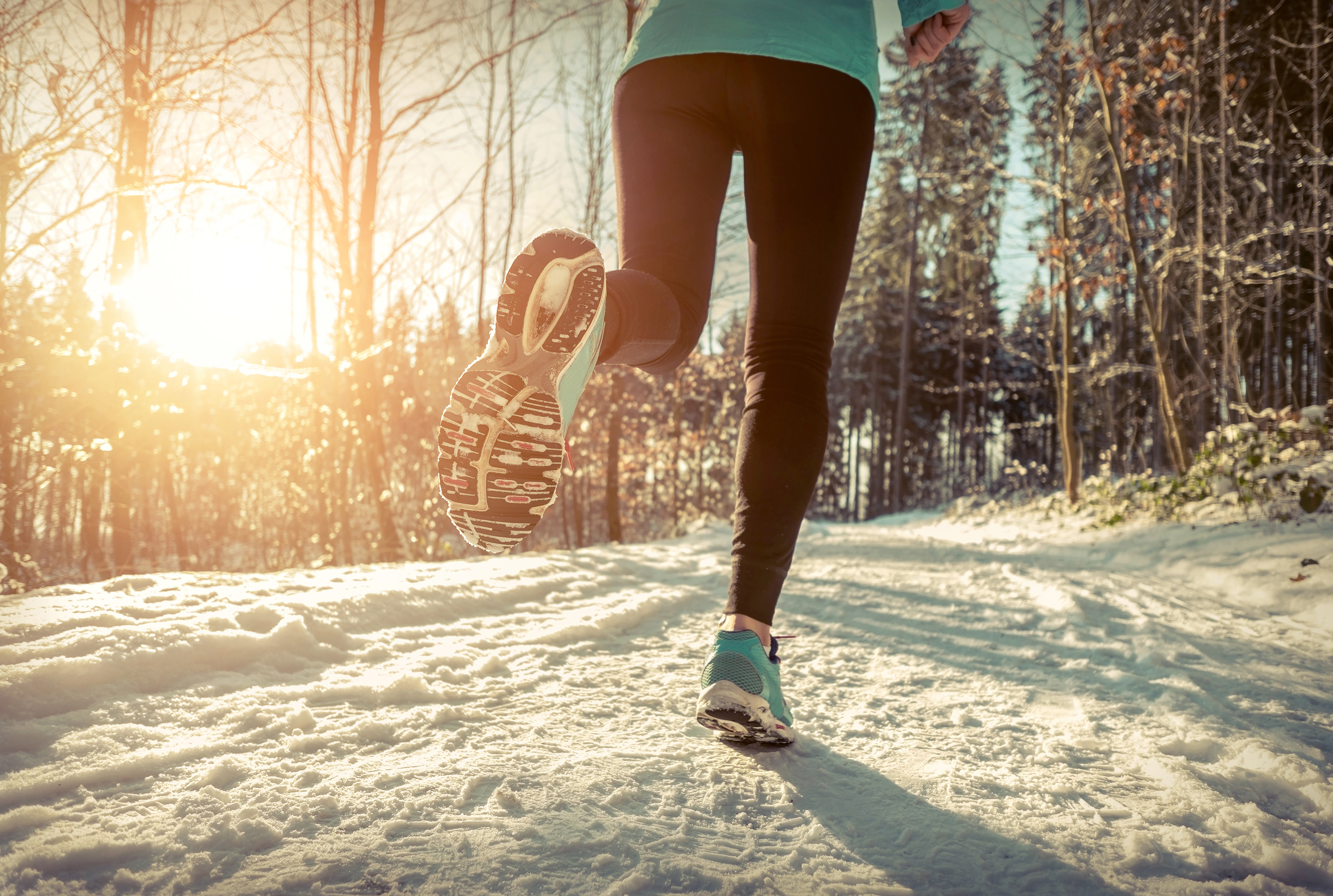


Endurance athletes have unique needs in many aspects of health compared to the general population. Since we are in peak cold and flu season, I wanted to share some interesting literature on just how endurance training impacts our body’s ability to remain healthy. Personally, over the years, I cannot count the number of times I have come down with an upper respiratory infection just after a marathon/ultramarathon event or long training session. I always brushed it off that my body was tired or that it was just poor timing but didn't think too deeply into it. However, I have recently dug into the literature and there is actually scientific evidence surrounding this phenomenon!
There are several published studies that show after a prolonged, intense endurance workout (which is perceived by the body as an extreme physiologic stressor) that the immune response takes a hit. Post-exercise immune function is impaired the greatest when exercise is continuous and longer than 1.5 hours, of moderate to severe intensity (50-77% VO2 max) and when performed without caloric intake. There are various measures of immune function that are shown to be disrupted after prolonged endurance activity including: lower leukocyte and neutrophil (white blood cell) count, reduced Natural Killer Cell activity, decreased serum immunoglobulin concentration and a decrease in plasma glutamine. Glutamine is an important fuel source for immune cells and also helps to maintain the integrity of the gut lining. These all can take 3-72 hours to recover after activity is complete.
Nutritional status can also affect immune function in athletes. Energy-restricted diets as well as macro- and micronutrient deficiencies have a negative impact on immune function. In addition, improper fueling during the endurance activity can also lead to immune compromise.
Any training amount, but specifically high volume training, is a stressor on the body and causes acute inflammation which helps us adapt and build skeletal muscle. This process is known as mitohormesis or mitochondrial biogenesis, where a mild to moderate amount of acute oxidative stress leads to training gains. This acute phase of stress is good but can also affect the immune response and cause other disruptions in the body.
So, what can help to offset this?
1. Fueling properly during prolonged, intense exercise (especially with adequate carbohydrates).
2. Refueling with adequate protein, carbohydrates and fats post-workout.
3. Focusing on proper recovery, especially getting good, restorative sleep.
4. Incorporate mindfulness which can help to reduce cortisol and improve immune function.
5. Consider a high quality multivitamin/mineral supplement but avoid high levels of Vitamin C and E prior to and immediately post workout as well as long term high doses of these antioxidants during peak training seasons. Having high levels of these antioxidants has been shown to blunt some of the adaptive benefits of exercise by reducing inflammation so that the hormetic effect of training and building is inhibited.
6. Conversely, plant derived antioxidants like sulforaphane (found in broccoli and cruciferous veggies), curcumin (from tumeric), and polyphenols (like in berries & green tea) have been shown to activate a pathway called Nrf2 (the master antioxidant regulator) which stimulates mitohormesis aka good stress and can be helpful with training related inflammation and recovery. Getting these through diet is best but there are some potent supplements that incorporate these various compounds as well.
6. Consider taking in glutamine post-workout to help enhance the immune response and also helps to heal the gut lining which can be disrupted from acute stress, like exercise.
7. Focus on a high quality, balanced diet with enough calories to nourish and recover.
If you are looking to fine tune any of the above, I am available to see patients in Colorado. Head on over to wildricewellness.com (link in bio) to book a free consultation!
If you are in Colorado, and looking for a medical practitioner to partner with to make sure your immune system and health are ready to keep up with your training, check out Wild Rice Wellness or book a free 15 minute intro consultation (Book here!)
References:
Gunzer W, Konrad M, Pail E. Exercise-induced immunodepression in endurance athletes and nutritional intervention with carbohydrate, protein and fat-what is possible, what is not? Nutrients. 2012 Sep;4(9):1187-1212. doi: 10.3390/nu4091187. Epub 2012 Sep 4. PMID: 23112908; PMCID: PMC3475230.
Li S, Fasipe B, Laher I. Potential harms of supplementation with high doses of antioxidants in athletes. J Exerc Sci Fit. 2022 Oct;20(4):269-275. doi: 10.1016/j.jesf.2022.06.001. Epub 2022 Jun 11. PMID: 35812825; PMCID: PMC9241084.
Fernández-Lázaro D, Mielgo-Ayuso J, Seco Calvo J, Córdova Martínez A, Caballero García A, Fernandez-Lazaro CI. Modulation of Exercise-Induced Muscle Damage, Inflammation, and Oxidative Markers by Curcumin Supplementation in a Physically Active Population: A Systematic Review. Nutrients. 2020 Feb 15;12(2):501. doi: 10.3390/nu12020501. PMID: 32075287; PMCID: PMC7071279.
Mason SA, Trewin AJ, Parker L, Wadley GD. Antioxidant supplements and endurance exercise: Current evidence and mechanistic insights. Redox Biol. 2020 Aug;35:101471. doi: 10.1016/j.redox.2020.101471. Epub 2020 Feb 20. PMID: 32127289; PMCID: PMC7284926.
Castell LM, Newsholme EA. The effects of oral glutamine supplementation on athletes after prolonged, exhaustive exercise. Nutrition. 1997 Jul-Aug;13(7-8):738-42. doi: 10.1016/s0899-9007(97)83036-5. PMID: 9263279.
Castell LM, Poortmans JR, Newsholme EA. Does glutamine have a role in reducing infections in athletes? Eur J Appl Physiol Occup Physiol. 1996;73(5):488-90. doi: 10.1007/BF00334429. PMID: 8803512.
Monye I, Adelowo AB. Strengthening immunity through healthy lifestyle practices: Recommendations for lifestyle interventions in the management of COVID‐19. Lifestyle Medicine. 2020 Jul;1(1):e7. doi: 10.1002/lim2.7. Epub 2020 Oct 3. PMCID: PMC7646052.

0

0
Comments :